When we’d finally been transferred to the Ninth Army and relocated to Andrews Field in March of 44 it had been the result of the changing winds of war. Although we didn’t know it at the time, our transfer was probably due to three big changes in the strategies of the war.
One was the appointment of Lt. General Jimmy Doolittle to command the Eighth Army in January of ‘44. Until he took over, the fighters were our escorts and protectors. Their job was to bring us back alive. When Doolittle took over that changed. He was all about offense. He said it was time we took over air superiority if we were going to win the war. He changed the job of the fighter pilots from protecting bombers to destroying the German fighter planes. They were to seek out the Luftwaffe and attack. The RAF had been doing that all along. Now, the bomber squadrons were on their own! Our job hadn’t changed: Go in, drop your bombs, get out. 1944 - Lt. General Jimmy Doolittle & Major General Curtis LeMay
The second change had been what they called: Big Week – February 20-25, 1944. The Eighth, Ninth & Fiftheenth US Army Air Forces and the RAF launched a six day attack on Germany ’s aircraft industry – the goal was to achieve air superiority over Germany
There were different targets everyday. They focused on Hitler’s fighter manufacturing and assembly plants, Berlin England and 1500 from Italy Germany England
It was also in early February that we learned Eisenhower had been “officially” named Supreme Allied Commander in Europe . He would take command of Operation Overlord, what we now call the D-Day invasion - when he took over supreme command of all Allied Forces. He agreed with Doolittle, air superiority was required to win the war but he had a bigger vision of the roll of all the military.
Our B-26 Bomber missions during April and May had been successful. We were really good at flying in formation and staying tight. It must have been menacing to the enemy to hear and see all that firepower aimed at them. It was impressive from our end and made you proud to be part of the 322nd. The other side of that is that the Germans were good at getting their anti-aircraft guns back in action and were also usually ready for us. Seeing the flack exploding all around you was as nerve racking as it gets. It was heart stopping to see one of your fellow planes burst into fire after a hit and spin to the ground. It took a lot of concentration to steel yourself to keep on going and keep your thoughts on the job. Luckily it didn't happen on every mission.
One of the big problems of carrying out the missions from Southern England was weather. England, the English Channel, Northern France were constantly being battered by thick fog and spring gales blowing in from the Atlantic, making visibility bad at low altitudes and completely obliterated at higher altitudes. Most of our targets that spring were on the Western front or over Germany





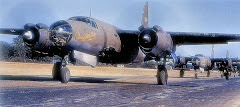

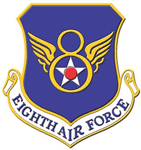

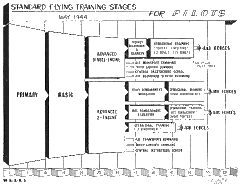
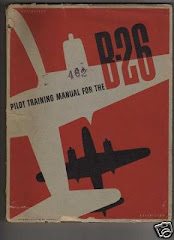
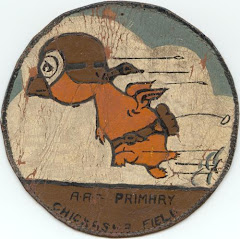

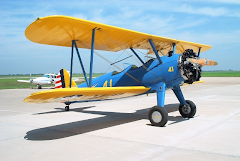


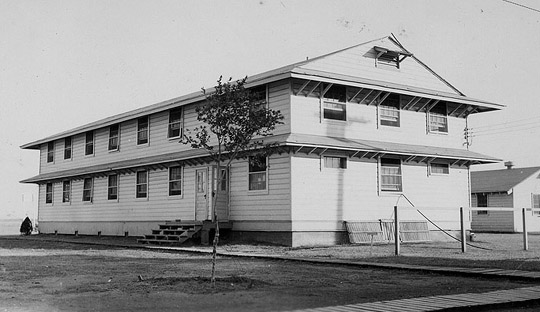
No comments:
Post a Comment